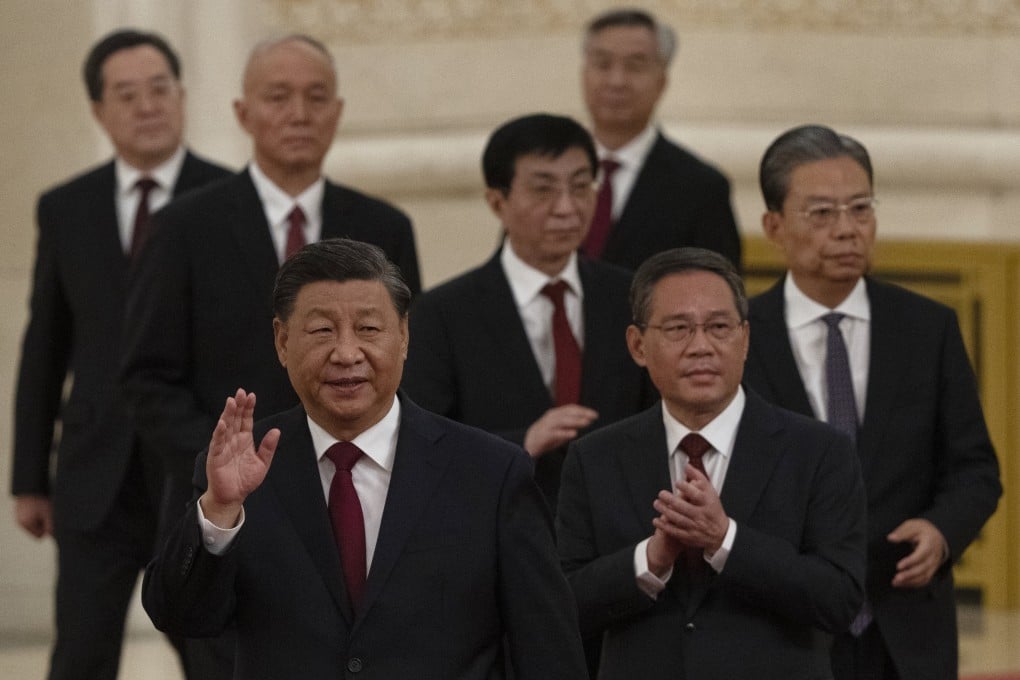Opinion | The West must be prepared to face the growing global reach of China’s laws
- China’s interest in shaping international norms requires careful evaluation by Western democracies, not crude populist appeals
- Policymakers worldwide must figure out whether and how Chinese law can be reconciled with Western systems

Since emerging as a global economic and political power, China has increasingly focused on shaping international norms and institutions. Chinese leaders have indeed made extraterritorial jurisdiction a national priority in recent years, adding clauses to domestic laws that aim to expand their reach beyond China’s borders.
But China’s extraterritorial influence is a natural consequence of its growing interconnectedness with the rest of the world. As its clout grows, policymakers in China and elsewhere must figure out whether or how Chinese law can be reconciled with Western legal systems.
Pursuing such criminals and recovering stolen assets is viewed as an essential component of deterrence and a legitimising demonstration aimed at Chinese citizens of the state’s ability to protect their interests anywhere in the world.

